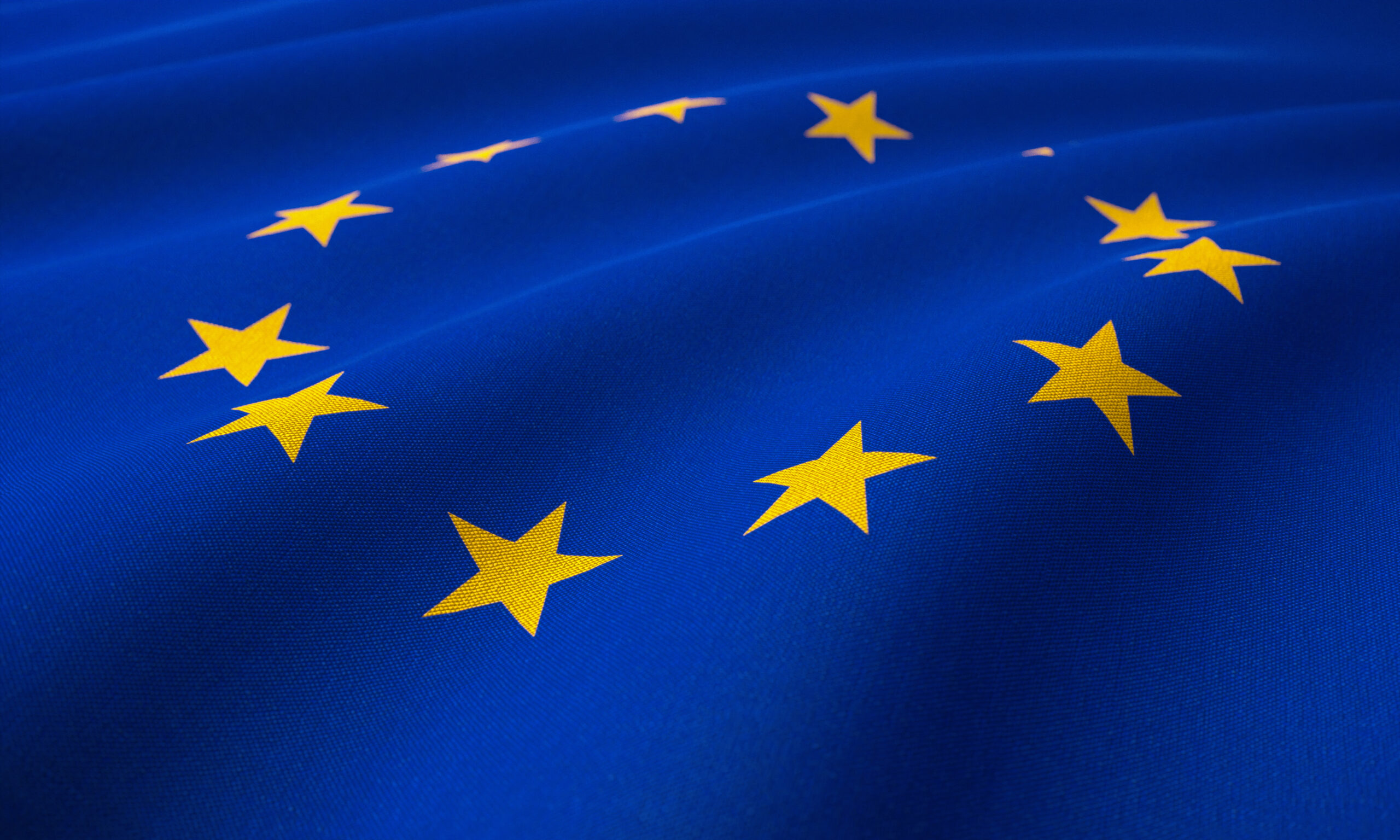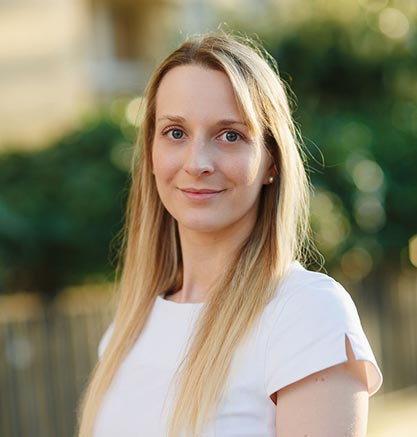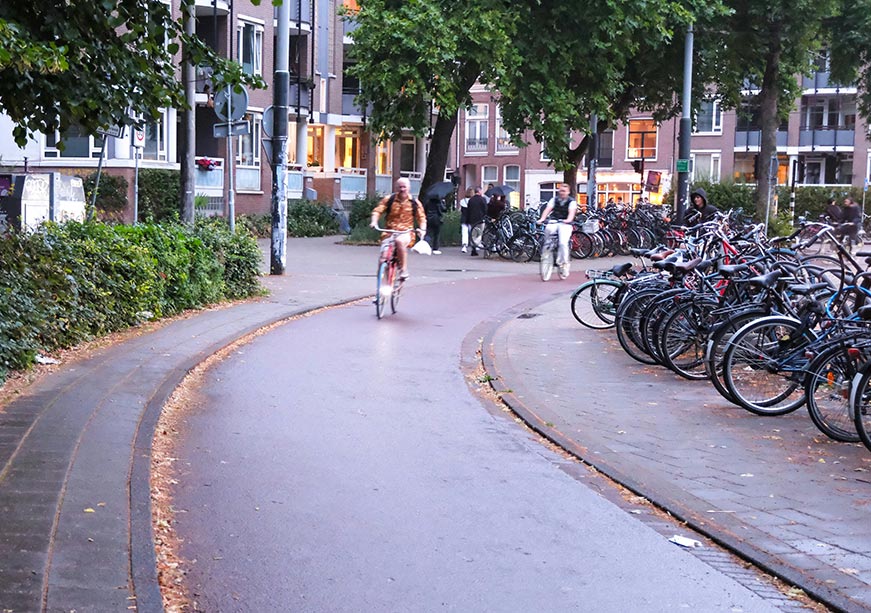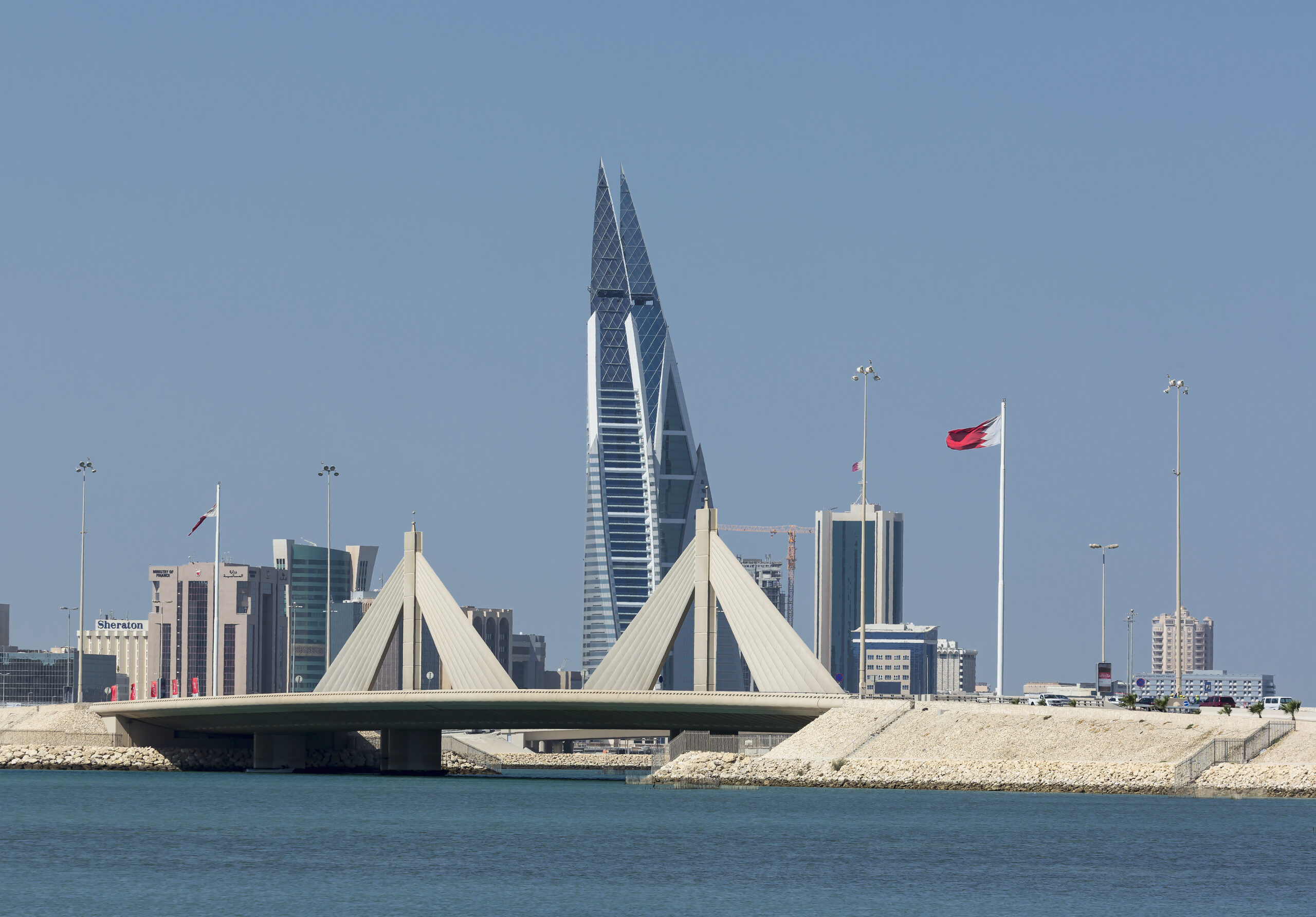Much has changed since July 2015, when the European Union (EU) has taken on the role of a coordinator and facilitator of the Joint Comprehensive Plan of Action on Iran’s nuclear programme (JCPoA), and earned recognition for it from the international community. Ten years later, the agreement no longer holds. The EU has lost influence in the region and appears to be a mere bystander in the recently launched nuclear talks between the United States (US) and Iran. It is within this context that military tensions between Israel and Iran have drastically escalated in the EU’s wider southern neighbourhood.
Recognising the major strategic importance of the Middle East for its own security, stability, and prosperity, the EU repeatedly stated that conflict resolution and de-escalation in the region are among its key priorities. Having learnt from past setbacks, the EU understands that it should carefully assess the degree and form of its involvement in any regional mediation and peace-building efforts. For the EU to influence conflict resolution that serves its own interest, its actions need to be perceived as beneficial, credible, and legitimate. Strategic awareness and caution come across as guiding tools in defining the Union’s role and action amid the escalating conflict between Tel Aviv and Tehran. However, if the EU aims to remain relevant to the conflict resolution process, directly impacting its security environment, it should avoid falling into the trap of a prolonged ‘wait-and-see’ approach.
As the Union advocates for a region-led initiatives by its strategic partners in the Middle East, mediation efforts guided by the Gulf states, with EU support, may allow it to play a prudent but active role in the conflict resolution. The Gulf countries have a great potential to be called upon and accepted as mediators as they are indispensable powers for regional stability. They are located at a geographically strategic position between the belligerents and engage at varying levels with both of them. In 2020, the United Arab Emirates (UAE) and Bahrain signed the Abraham Accords – a historic normalisation agreement with Israel; while Riyadh normalised its diplomatic relations with Tehran. Additionally, both the UAE and Iran became members of the expanded BRICS with Saudi Arabia’s membership yet to be finalised. The constellation of these bi- and multilateral relations and setups can serve as leverage for the Gulf states to position themselves as trusted intermediaries in negotiations between the parties.
The EU is equally aware of the Gulf states’ position and role as powers with a significant stabilising potential in the region. As it was outlined in the first EU-GCC Summit Joint Statement in October 2024, the Union “recognize[s] that GCC states play a fundamental role in dispute mediation and resolution to preserve peace and security regionally and across the globe”. Building on the Gulf states’ central role in the region, and their shared interest in restoring and maintaining peace and stability, the EU has already been strongly involved with them in “coordination on regional crises in the broader Gulf, Middle East region and the North and Horn of Africa”.
As the Israel-Iran conflict lasts and escalates, the EU’s willingness to step in and take on an active role in its resolution, and the (re)negotiation of the agreement on Iran’s nuclear programme, was explicitly stated on 17 June 2025 by Kaja Kallas, the EU’s High Representative (HR) for Foreign Affairs and Security Policy: “I also took note of the support of the EU ministers in the European Union for my involvement – in the de-escalation. I will spare no efforts in this respect”. The Union strongly advocates the restoration of regional security through diplomatic solutions which can lead to enduring conflict resolution: “The EU will continue to contribute to all diplomatic efforts to reduce tensions and to find a lasting solution to the Iranian nuclear issue which can only be through a negotiated deal”. However, to achieve a lasting solution the EU endorses, it should contribute to stabilisation efforts but in an agile manner. The latter could entail, based on precedent, supporting and cooperating with regional partners having the potential to be recognised by the belligerents as mediators.
The unfolding Israel-Iran armed conflict can serve as catalyst for enhancing EU-GCC cooperation on bi-regional stability, and for elevating the existent EU-GCC Regional Security Dialogue to a higher level. By supporting stabilisation initiatives led by its regional strategic partners, the EU could engage in the de-escalation process in an active yet measured manner. For this approach to be fruitful, the EU should closely coordinate with the Gulf states, providing them with appropriate assistance. Undoubtedly, the success of such initiatives depends heavily on the willingness of the belligerents to accommodate them, and on the involvement of other regional or global powers. Whether such conditions materialise remains to be seen. Nonetheless the EU should be prepared for various scenarios.
Eszter Karacsony is an Associate Fellow (Geopolitics) and Programme Lead, Observer Research Foundation- Middle East.











